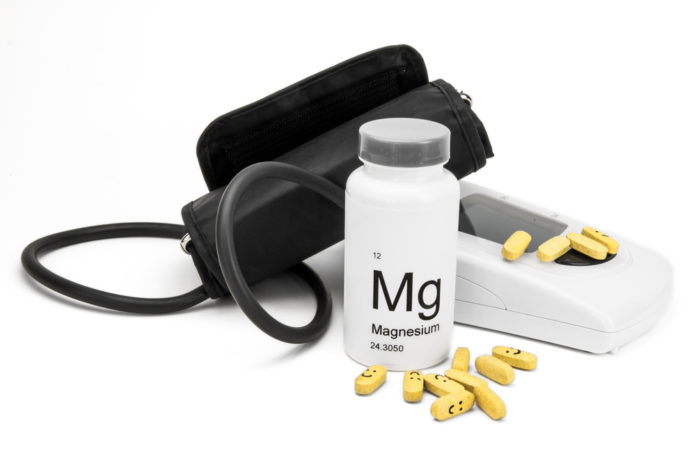Medically, a magnesium deficiency can be referred to as hypomagnesemia. Magnesium is involved in more than 300 processes within the body. It contributes to:
- Muscle and Nerve Health
- Blood pressure control
- The body’s cells synthesize energy
- The Creation of DNA and Ribosomes
Magnesium is not produced by the body, so it must be consumed. If you don’t get enough magnesium, or have a medical condition that affects your ability to absorb and use it, you may develop hypomagnesemia.
How many people suffer from inadequate magnesium?
About 48% of Americans do not eat enough magnesium. Many healthy people will not experience any symptoms due to inadequate magnesium intake. People with mild hypomagnesemia can have no symptoms. It can be difficult to detect an issue until much later.
Hypomagnesemia Symptoms
If you have symptoms then the following may occur:
- Twitching muscles, particularly in the face, is a sign of weakness and fatigue.
- Nausea and vomiting
- Mental health can be affected by mood swings and personality changes.
- Tremors
- Noticeable reflexes
- Constipation
- High blood pressure
- Asthma
- Irregular heartbeat
What Foods Have High Magnesium Content?
You will need to take magnesium supplements or eat foods high in magnesium to boost your magnesium levels. Magnesium-rich foods include:
- Almonds
- Pumpkin Seeds
- Dark Chocolate
- Cocoa
- Oats
- Coffee
Magnesium can be added to processed foods and breakfast cereals to maintain the right levels. There are many ways to make sure you have the right amount of magnesium, as long as you don’t suffer from a condition which affects it.
What conditions cause you to lose magnesium?
Many people are believed to not consume enough magnesium. This is why it’s added to many foods. As mentioned above, the majority of us don’t feel any effects as our bodies can hold enough magnesium. Nevertheless, there are conditions which can cause magnesium to be lost. Below are the conditions that cause magnesium depletion.
- Consistently eating a diet low in magnesium
- You may have digestive diseases such as Crohn’s, celiac, or regional enteritis.
- Magnesium loss in urine and sweat due to hereditary abnormalities, alcohol consumption or high levels of magnesium.
- Both pregnant and nursing
- After an extended hospital stay
- Hyperaldosteronism, Parathyroid Abnormalities
- Type 2 diabetes
- Ageing individuals
- Specific drugs such as antibiotics, diuretics and bisphosphonates can be used.
Speak to your doctor if you’re concerned about the levels of magnesium in your body. You can ask your doctor if there is any reason to be concerned and what you should do.

